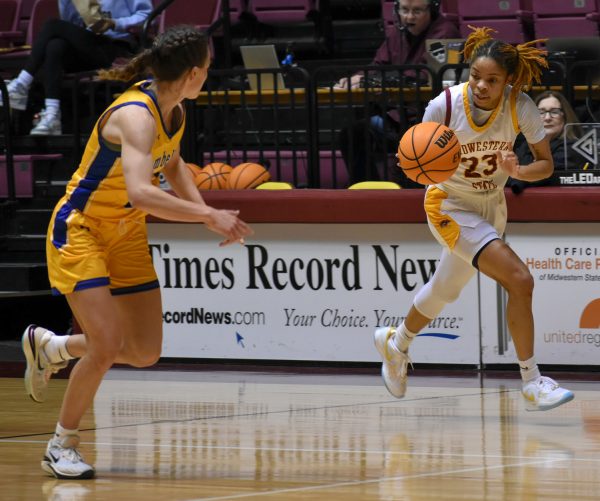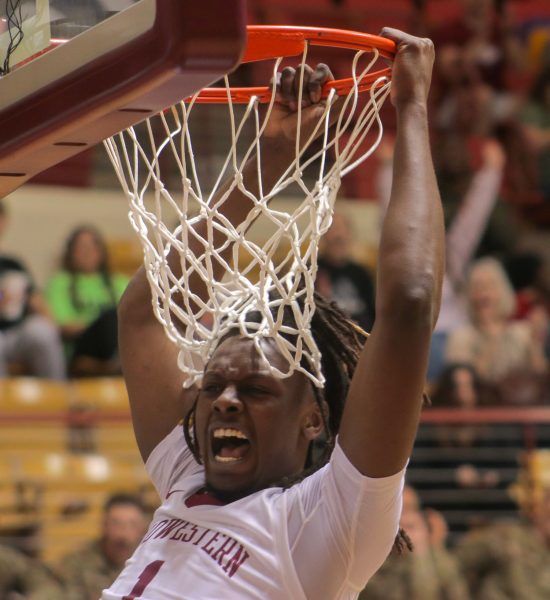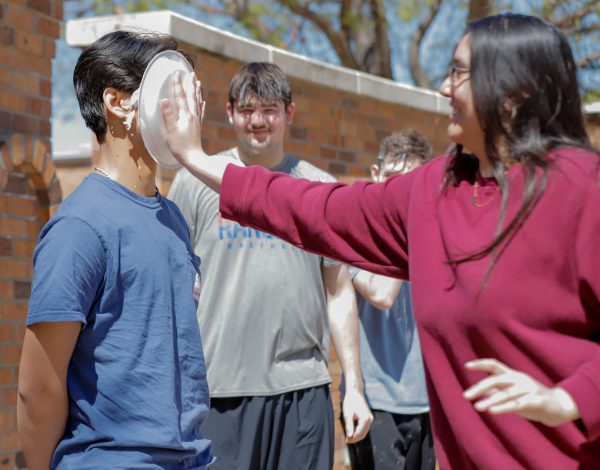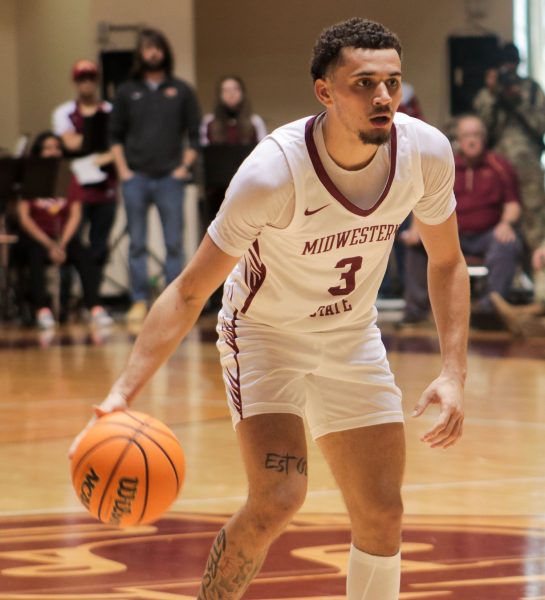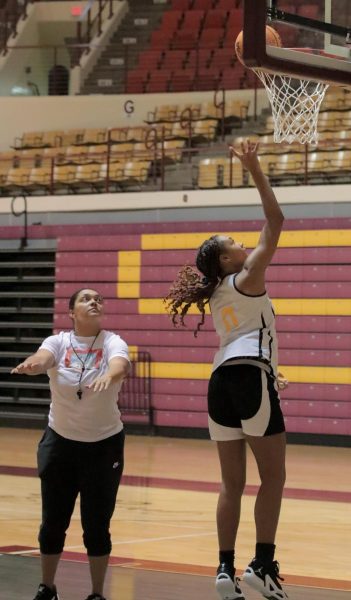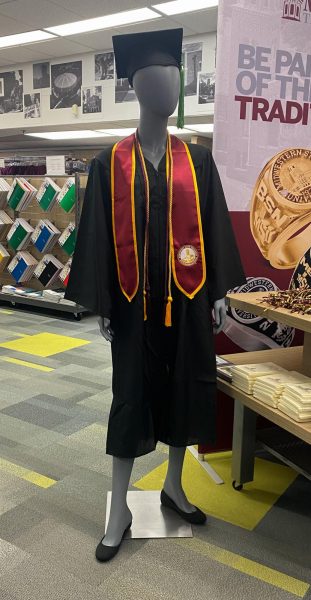The future is not set in stone
November 29, 2017
Before every student graduates from a college or university, they must do one thing – declare a major. While it is possible for a student to attend college with their entire future planned out and knowing exactly what they’re going to do with their degree and career, according to the National Center for Education Statistics, about 80 percent of students in the United States change their majors at least once.
The reasons for changing majors can vary from person to person, but most of the time it’s finding an interest in a different career path.
Courtney Kohl, history sophomore, changed her major four times, originally planning to be a doctor before she chose to major in history to become a historian.
“My original major was biology with a focus of pre-med,” Kohl said. “I changed majors because while I love biology and science, my weakness is math and I knew I’d struggle my whole college experience with that.”
Wanting to change from a degree with a heavy focus in mathematics, Kohl wanted something that still used logic, but had a bit more flexibility.
“My new major is history because it’s something I’ve always enjoyed and was something I am relatively good at. It changed my career path because I went from one type of field to a completely different one. I love majoring in history and I’m as happy with it as I would have been as a pre-med student,” Kohl said.
Lindsey Chandler, nursing sophomore at Vernon College, also changed her major, along with her entire career plan.
After graduating Iowa Park High School in 2012, Chandler did not attend college until 2016, when she began attending Vernon College. She originally began with the intent to earn an education degree and become a teacher, but that quickly changed.
“I started Vernon College as an education major because I wanted to become a teacher,” Chandler said. “But my long-term plan is for me and my family to move to Colorado after I finish school. When I looked up the qualifications for teaching in Colorado, there just seemed to be a lot of different qualifications. While one state requires a bachelor’s degree, another one requires a master’s. And after having two kids, I don’t think I would have the patience for a classroom of children.”
Chandler decided to change her major to nursing and enter the nursing program at Vernon after previously worked at the North Texas Foot Clinic in Wichita Falls for two years and working in the administration department at United Regional Hospital. She said she has a better idea of what the workload and requirements are after talking with other nurses at the hospital.
While it may seem easy to change majors, there are some issues involved in the decision.
“It has been frustrating changing majors because it changes the classes I need, adding some and making some of the ones I’ve already taken unneeded. Since I’m paying for school out of pocket, taking classes that aren’t needed can mean wasting thousands of dollars,” Chandler said.
While statistically most students will change majors at least once, hopefully they will graduate with a degree in their chosen field and actually use it in their career. Just because a person fulfills a career in one field, does not mean that they are stuck in it for the rest of their life and not subject to change.
Daniel Wright never attended a college or earned a degree, but still had a long and full career in the radio and news industry in Wichita Falls and Lubbock before completely changing career paths in 2002 when he became unemployed.
He started working at a radio station in Lubbock, Christmas Day 1969 until April of 1971. In 1971, he started working at KFDX where he wore many different hats as a news anchor, one of the stations first sports directors, and eventually becoming a weatherman.
“[I’m] not a meteorologist though because I never got my [American Meteorological Society] licensing,” Wright said.
In 1983, Wright went into advertising sales at KFDX until 1991, when he moved to Waco and became the regional sales manager.
“I did that until the spring of 2002 when there was a change in upper-management and I was asked to leave. [I was] practically fired on the spot,” Wright said. “But there was so much politics in it, I was tired and I haven’t looked back since.”
Wright began writing novels in 1998 with his first manuscript that he said “was absolutely terrible”. It wasn’t until he left his long career in the news industry, he decided to seriously begin to write.
Today, Wright has written 14 novels and has received recognition for writing skills from The Oklahoma Writers Federation in 2005, 2006, 2010 and 2011; from Art Affair in 2008; from Frontiers in Writing in 2004 and 2010; from Writer’s Digest in 2008; from the Abilene Writer’s Guild in 2004; and from Canis Latran of Weatherford College in 2011.
While every student eventually must decide on a major in a career field, it does not mean that they are locked into that career forever. Futures are subject to change and not set in stone, so it is possible to change minds later in life.
Advice:
Courtney Kohl, history sophomore | “When you decide your major, just make sure that it is something that you can tolerate for the next four years or however long it takes you to finish your degree.”
Lindsey Chandler, nursing sophomore at Vernon College | “Whatever you do, your spending thousands of dollars to get it anyways, so might as well be some thing you like to do.”
Daniel Wright, author and former news anchor | “Whatever you do, write well. Always be working on your writing skills because no matter what you do in life, that will always be an important skill.”



